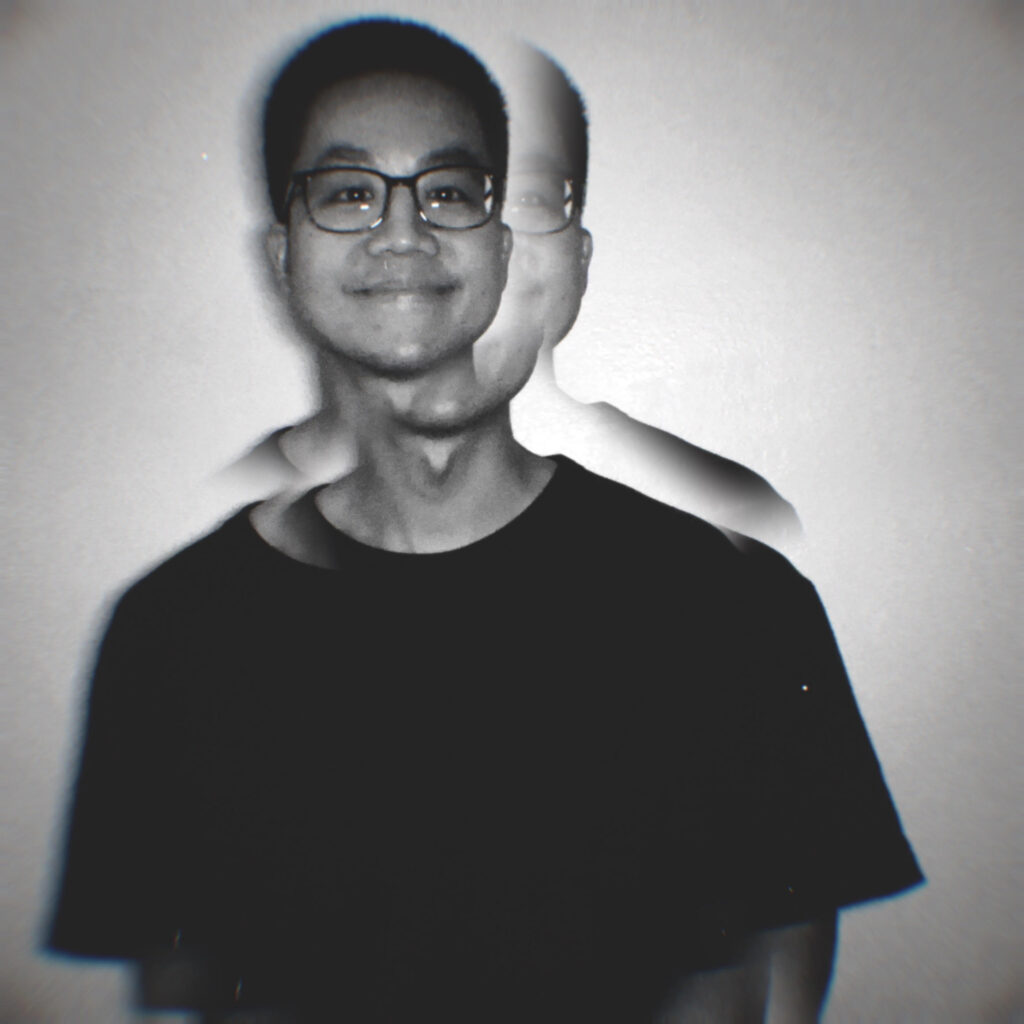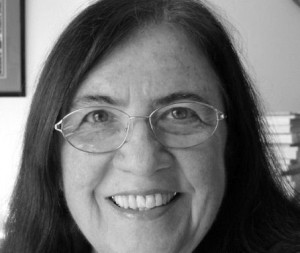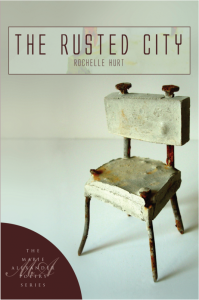Our editors are hard at work building Issue 33 of Superstition Review, which will launch May 1. This issue features art from six award-winning artists: Dixie Salazar, Kathy Peterson, Slav Nedev, Kelly D Villalba, Rodney Rigby, and Nam Hoang Tran.

Dixie Salazar is an artist and writer who has shown her work extensively in the Central Valley of California also in San Francisco, Merced, Las Vegas, Oregon, and New York. She has had numerous one-person shows in Fresno, and also Merced, Turlock, and Monterey. A major show at Arte Americas in Fresno in 2006 explored Mayan symbolism in her painted collages. Dixie shows throughout California. Her latest one-person show took place at the Fig Tree Gallery in Fresno, CA. in 2021. Dixie has a studio/gallery at 654 Van Ness in downtown Fresno. She also is a published poet with seven books of poetry, the latest from Stephen F. Austin University Press called “Crosshairs of the Ordinary World” in 2023. She has also published two novels. In 2023, Dixie received a California Arts council Fellowship for her artwork.
Kathy (K. Alma) Peterson is a painter and poet. Her paintings are abstract mixed media. She has a Studio Arts minor BA from the University of Minnesota. Her MFA in Poetry is from the MFA Program for Writers at Warren Wilson College. She has published two books of poetry with Blaze Vox Books. She lives in Florida.
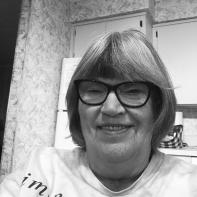

Slav Nedev is a freelance artist born in 1967 in Sofia, Bulgaria, where he lives and works. Through his body of work, he explores a wide range of styles and media, including painting, digital art, objects, sculptures, and installations. His latest projects examine the interplay between the inner and outer world and those eternal principles that, even if intangible, make the phenomena as we know them. Slav is currently curating a group show set to open in November 2024 and working on two solo shows scheduled for 2025.
Kelly D Villalba is a visual artist based in Los Angeles, California. In her art practice, she creates unique sculptural artworks to reimagine the idea of the traditional coiled basket. Kelly uses fiber and found material to create funky forms emphasized by contrasting colors and vivid patterns. Through her use of coiling, a weaving technique originated by Black and Indigenous artisans, she creates imaginative soft sculptures for a contemporary audience.

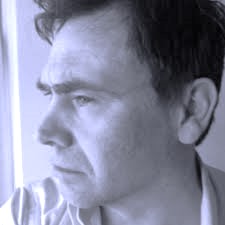
Rodney Rigby is the Author/Illustrator of several children’s books, all published by Hyperion, New York. He also Illustrated Paul Muldoon’s The Last Thesaurus. His Art has been shown in the US, UK and Europe. For the past year Rodney has been Artist in Residence at his local library in Liverpool. Helping make art more accessible to adults and children alike.
Nam Hoang Tran is a multidisciplinary artist based in Orlando, FL. His work appears or is forthcoming in Posit, The Brooklyn Review, ANMLY, New Delta Review, Tagvverk, Always Crashing, and Diode, among others. With Henry Goldkamp, he co-edits TILT – a journal of intermedia poetics.
